Many homeowners believe they’re extending the lifespan of their appliances by cleaning them frequently, but in reality, some common cleaning habits can do more harm than good. Misusing cleaning products, over-sanitizing, or following outdated advice can lead to faster wear and tear, costly repairs, or even complete appliance failure. In 2025, experts are warning consumers to rethink their cleaning routines to protect their home appliances. Here are 14 cleaning habits that might be doing more damage than you realize.
1. Using Too Much Detergent in Your Washing Machine
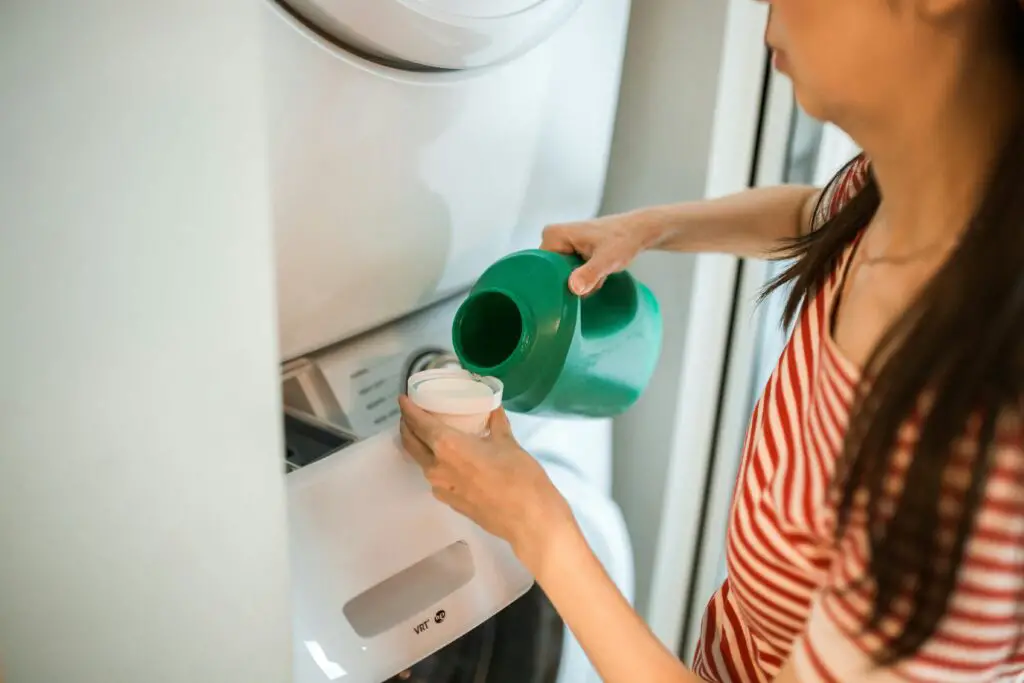
According to Consumer Reports, using excess detergent doesn’t make your clothes cleaner—it actually harms your washing machine. Modern high-efficiency (HE) washers use less water than older models, so extra detergent creates too many suds, which can leave residue behind. Over time, this buildup clogs internal components, leading to foul odors, mold growth, and even mechanical failure. Many repair technicians report that detergent overuse is one of the most common causes of washer breakdowns.
To prevent this issue, always follow the manufacturer’s detergent recommendations. Many HE washers have detergent caps or dispensers that help measure the correct amount. Using high-efficiency detergent and running a cleaning cycle once a month can also help keep your machine running smoothly. Less is more when it comes to detergent, and adjusting your habits now can extend your washer’s lifespan.
2. Scrubbing Your Glass Stovetop with Abrasive Cleaners

The Spruce warns that using abrasive pads or harsh chemical cleaners on glass stovetops can cause irreversible damage. Many homeowners assume that heavy-duty scouring pads will remove stubborn stains more effectively, but they actually leave behind micro-scratches. Over time, these scratches weaken the surface, making it more prone to cracks and permanent discoloration. What starts as minor surface damage can eventually lead to costly repairs or even replacement.
Instead, use a gentle, non-abrasive cleaner specifically designed for glass cooktops. A microfiber cloth or a soft sponge, along with a baking soda paste, can effectively remove stains without damaging the surface. Regular maintenance and wiping up spills immediately will keep your stovetop looking new for years. Avoiding abrasive cleaning tools is one of the simplest ways to extend the life of your appliance.
3. Cleaning Your Refrigerator Coils Too Infrequently
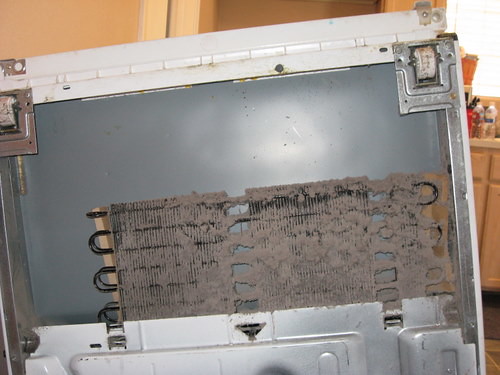
Experts at Good Housekeeping emphasize that neglecting to clean refrigerator coils can lead to inefficient cooling and premature breakdowns. The coils, typically located at the back or underneath the appliance, collect dust and debris over time. When clogged, they force the fridge to work harder to maintain temperature, leading to overheating and higher energy consumption. In extreme cases, dirty coils can cause compressor failure, one of the costliest refrigerator repairs.
To prevent this, clean the coils at least twice a year using a vacuum cleaner or coil brush. Unplug the refrigerator before cleaning and gently remove dust buildup to ensure proper airflow. Regular coil maintenance helps your fridge run more efficiently, reducing energy bills and extending its lifespan. Ignoring this simple task can significantly shorten the life of your appliance.
4. Overloading Your Dishwasher with Dishes
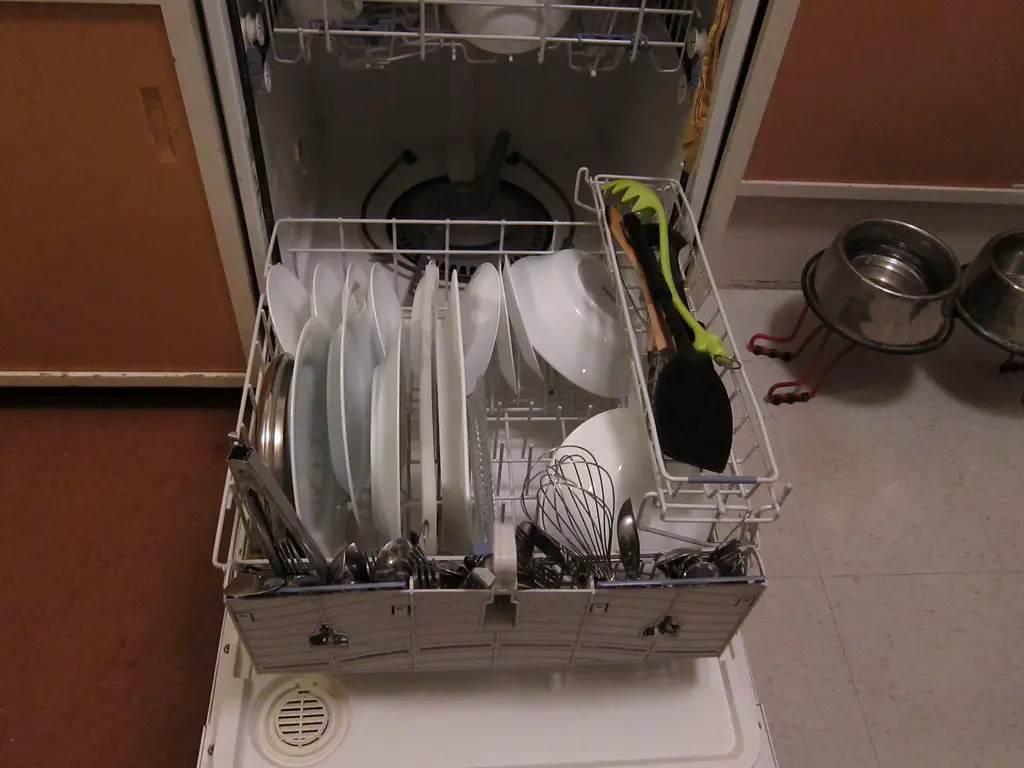
According to The New York Times, cramming too many dishes into your dishwasher doesn’t just reduce cleaning efficiency—it can also damage the appliance. Overloading blocks the spray arms, preventing water and detergent from reaching all items evenly. This often results in food residue remaining on dishes, leading to the temptation to rerun cycles, which wastes energy and puts unnecessary strain on the dishwasher’s motor.
To avoid this, load your dishwasher according to the manufacturer’s guidelines. Ensure that dishes are spaced properly, with larger items placed on the bottom rack and smaller ones on top. Avoid stacking or leaning dishes too closely together, as this prevents proper water circulation. Taking the time to load your dishwasher correctly will keep it running efficiently and prevent long-term damage.
5. Using Vinegar to Clean Everything
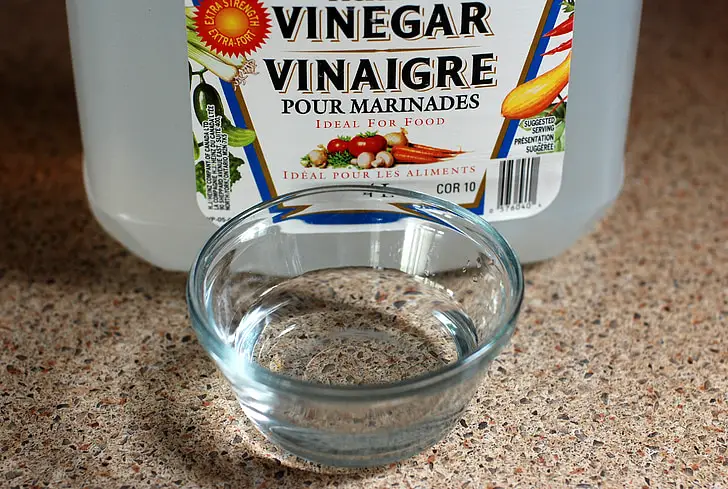
Vinegar is a popular natural cleaner, but it’s not safe for all appliances. While it effectively removes mineral buildup, its high acidity can corrode rubber seals and hoses in dishwashers, washing machines, and coffee makers. Over time, this damage can cause leaks or malfunctioning parts, leading to expensive repairs.
Instead, check your appliance’s user manual before using vinegar as a cleaning agent. For descaling coffee makers or washing machines, many manufacturers recommend specialized cleaning solutions instead. If you do use vinegar, always dilute it and rinse thoroughly to minimize potential damage.
6. Neglecting to Empty Your Vacuum’s Filter
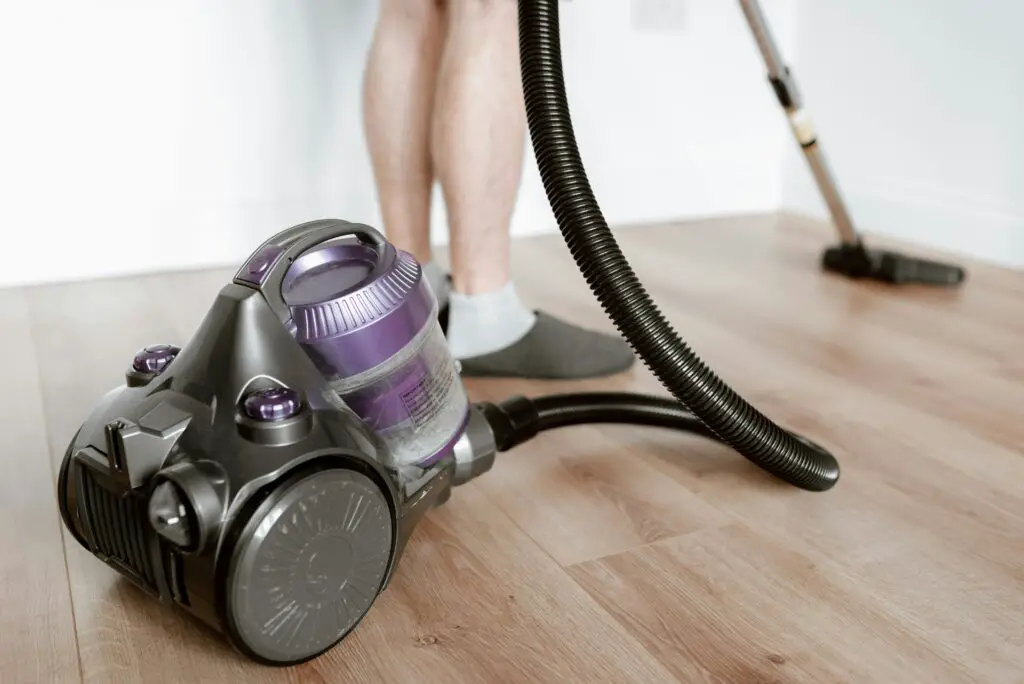
A full vacuum filter reduces suction power and forces the motor to work harder, shortening its lifespan. Many people forget to clean or replace the filter regularly, leading to overheating and decreased efficiency. If your vacuum isn’t picking up debris as well as it used to, a clogged filter could be the culprit.
To maintain optimal performance, empty the dustbin frequently and clean or replace the filter according to the manufacturer’s recommendations. Some vacuums have washable filters that need to dry completely before reuse. A little maintenance can prevent premature wear and tear on your vacuum.
7. Pouring Hot Water Down Your Garbage Disposal
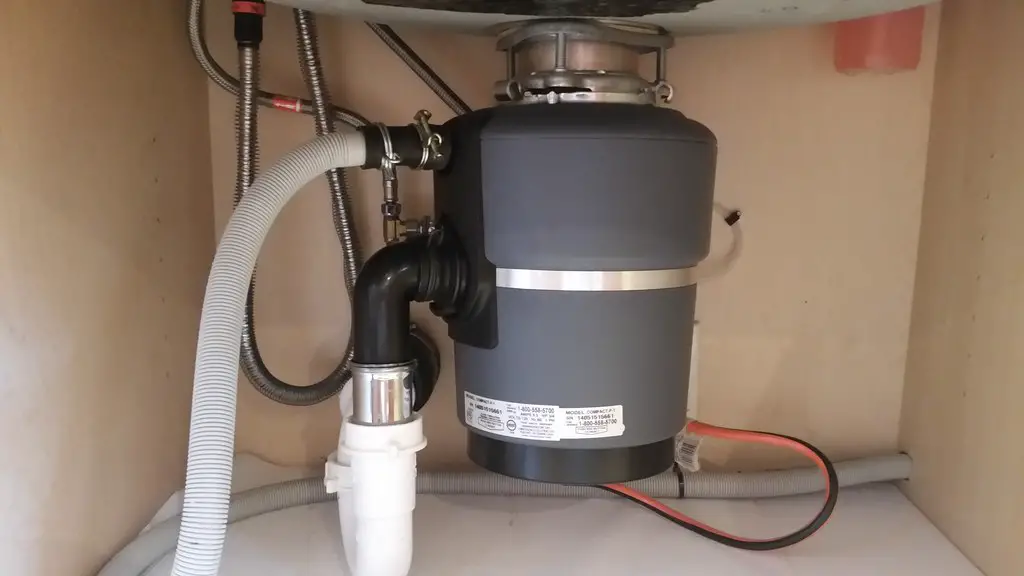
Many homeowners assume that running hot water down the garbage disposal helps clear grease and food buildup. However, hot water can actually melt fats, causing them to solidify further down the drain and leading to stubborn clogs. Over time, this can result in plumbing issues and damage to the disposal unit.
Instead, use cold water when running the disposal, as it helps solidify grease so the blades can break it down before it reaches the pipes. Additionally, grinding ice cubes and citrus peels can help clean the blades and keep odors at bay.
8. Using Bleach in Your Washing Machine
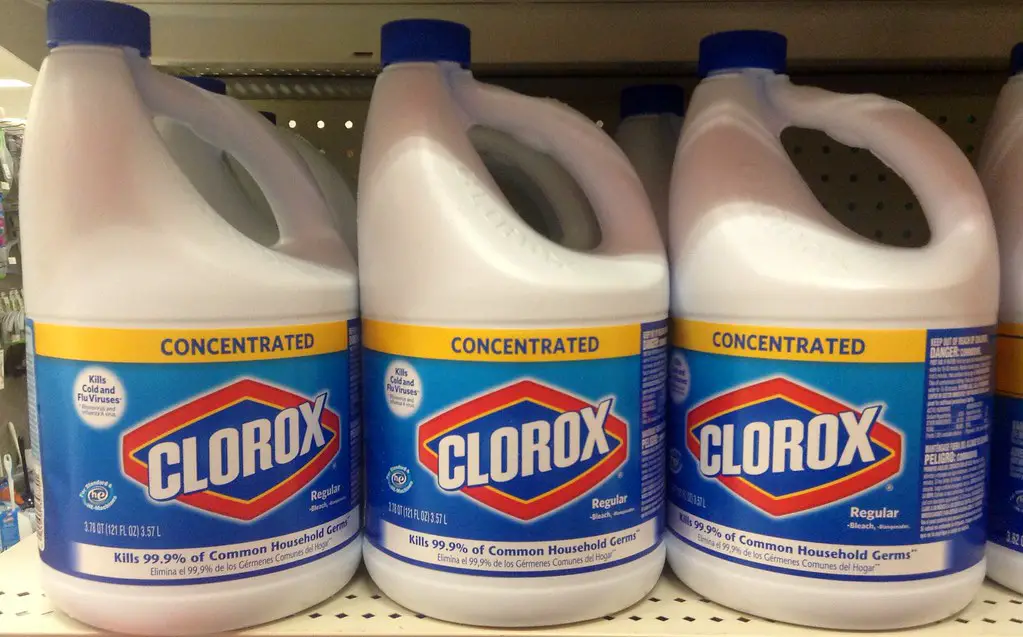
Bleach is a powerful disinfectant, but frequent use in washing machines can degrade rubber seals and hoses. This can lead to leaks and mechanical failure over time. While bleach is useful for occasional deep cleaning, excessive use weakens internal components.
A safer alternative is using baking soda or hydrogen peroxide to brighten laundry and remove odors. These options clean effectively without causing damage to the machine’s internal parts.
9. Spraying Cleaning Products Directly on Control Panels
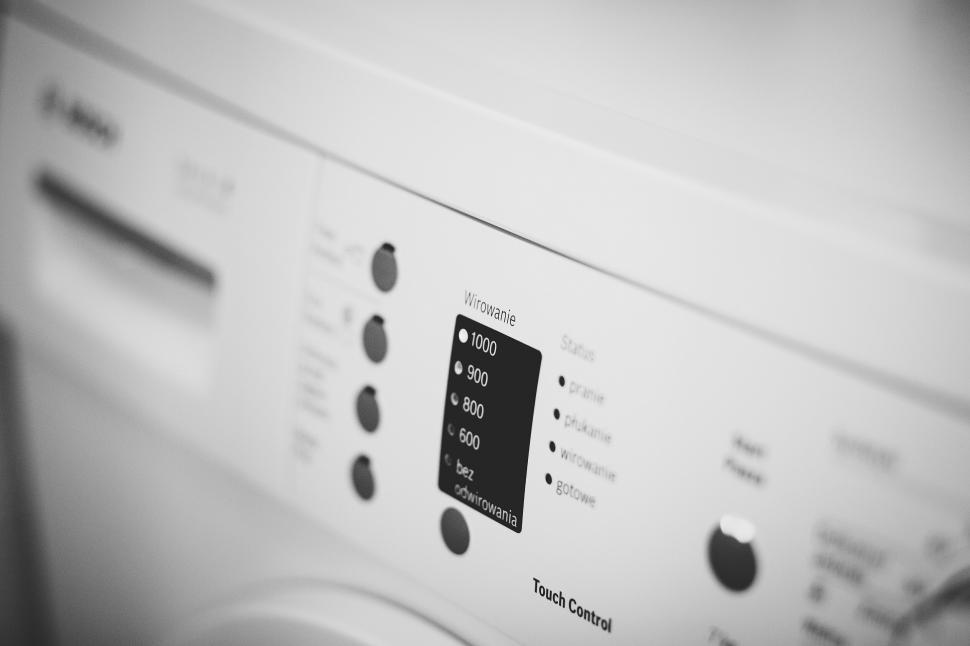
Appliances with digital control panels, such as microwaves and ovens, can be damaged by direct sprays of cleaning solutions. Liquid can seep into the buttons, causing electrical malfunctions or short circuits. Many homeowners don’t realize that even mild sprays can accumulate inside the panel over time.
Instead, spray the cleaner onto a cloth before wiping the control panel. This prevents moisture from entering sensitive areas while still effectively cleaning the surface.
10. Leaving Wet Clothes in the Washer
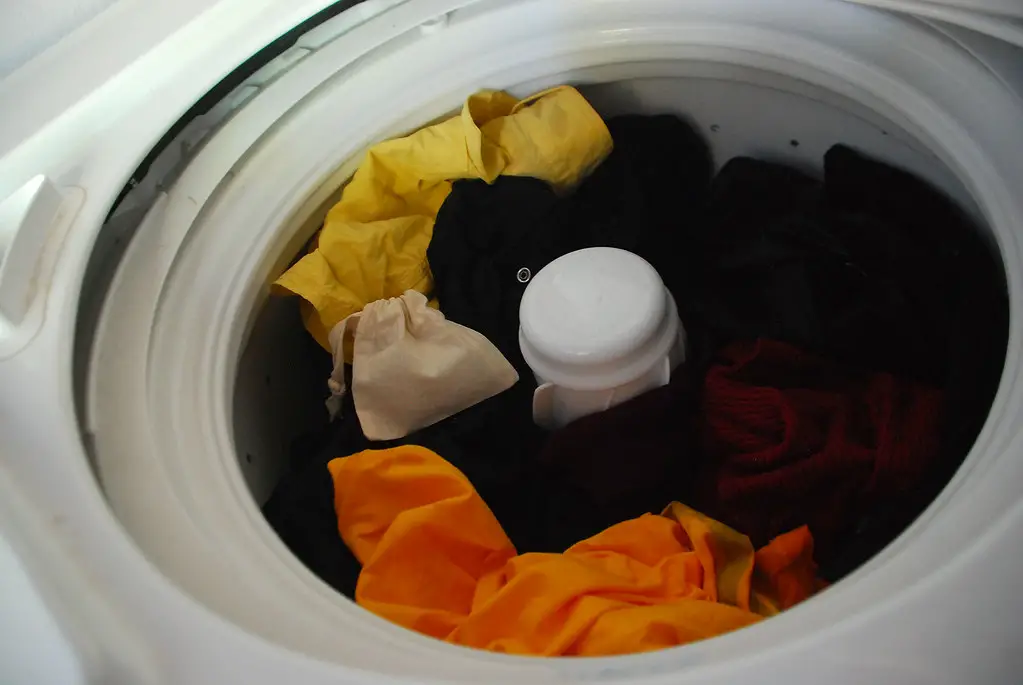
Forgetting to remove clothes from the washing machine can cause mold and mildew growth, leading to unpleasant odors. Additionally, prolonged moisture exposure can weaken seals and increase wear on the drum. Over time, this habit can lead to costly repairs and a musty-smelling washer.
To avoid this, always transfer clothes to the dryer or drying rack immediately after a cycle finishes. Leaving the washer door slightly open between uses also helps prevent moisture buildup.
11. Using Too Much Fabric Softener
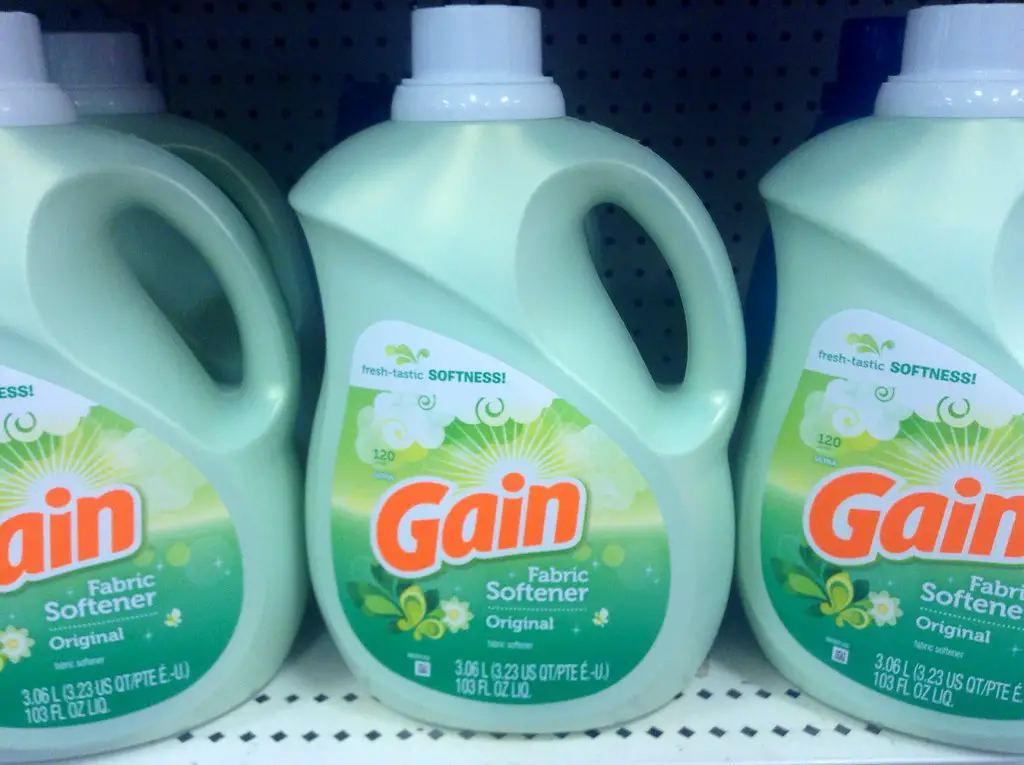
Fabric softener may leave clothes feeling soft and fresh, but overuse can create a residue buildup inside your washing machine. This sticky film clings to the drum, detergent dispenser, and rubber seals, reducing efficiency and increasing the risk of mold and mildew growth. Over time, the residue can clog internal components, leading to costly repairs or even machine failure. Additionally, fabric softener can leave a waxy coating on clothes, making them less absorbent.
To avoid these issues, use fabric softener sparingly and dilute it with water before adding it to your machine. Consider alternative options like white vinegar or dryer balls to achieve softness without buildup. Regularly running a washing machine cleaning cycle with hot water and baking soda can help break down any lingering residue. By adjusting your fabric softener habits, you can extend the life of your washer and keep your clothes in better condition.
12. Ignoring Your Dryer’s Lint Trap and Vent
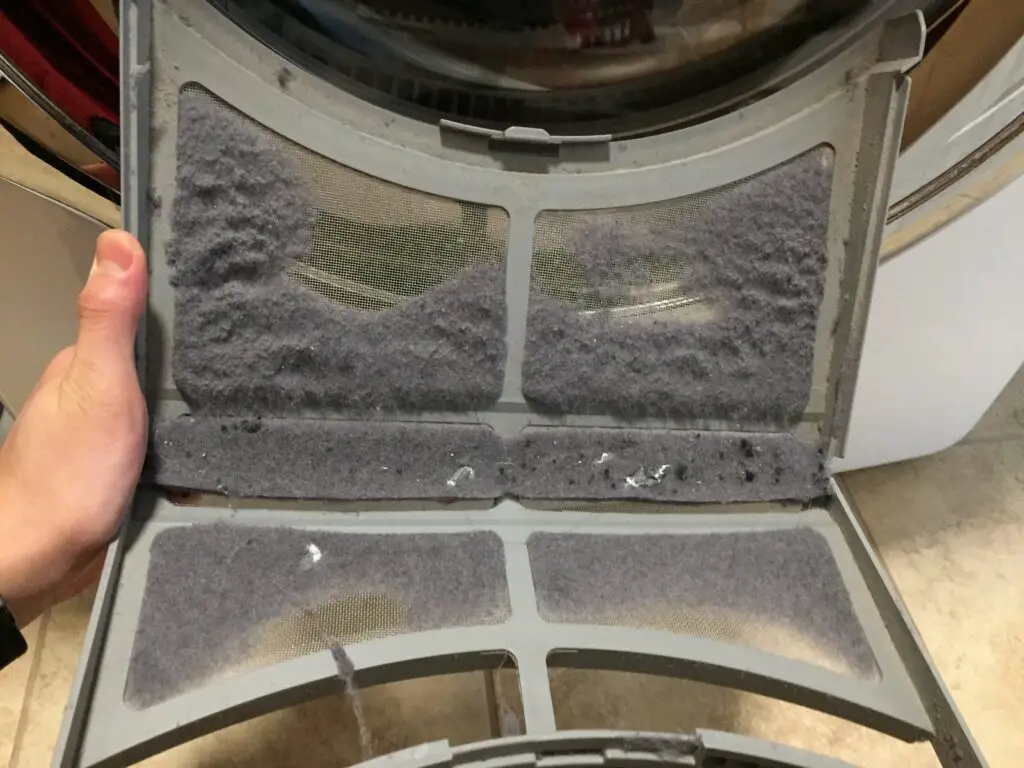
Many people remember to clean the lint trap after each load, but they often neglect the dryer vent, which can cause serious issues. A clogged vent reduces airflow, forcing the dryer to work harder and increasing drying times. Over time, this extra strain can damage heating elements and motors, leading to premature breakdowns. Worse, lint buildup is a major fire hazard, with thousands of dryer fires reported each year due to neglected maintenance.
To prevent this, clean the lint trap after every use and check the dryer vent at least once a year. Use a vacuum or a specialized vent brush to remove any accumulated lint. If your clothes are taking longer to dry than usual, it could be a sign of a clogged vent. Regular maintenance not only improves efficiency but also extends the life of your dryer and reduces fire risks.
13. Using Harsh Chemicals on Stainless Steel Appliances

Many homeowners turn to strong chemical cleaners or abrasive scrubbers to remove smudges and fingerprints from stainless steel appliances. However, these products can strip the protective coating on the surface, leading to dullness, scratches, and even rust spots over time. Harsh chemicals can also cause discoloration, making your once-shiny appliances look worn and aged. Stainless steel may be durable, but improper cleaning can shorten its lifespan.
Instead, use a microfiber cloth and a mild cleaner specifically designed for stainless steel. A mixture of warm water and mild dish soap can effectively remove smudges without causing damage. For added shine, a few drops of olive oil or a stainless steel polish can restore the surface’s luster. A gentle cleaning routine will keep your appliances looking brand new for years to come.
14. Forgetting to Descale Your Coffee Maker
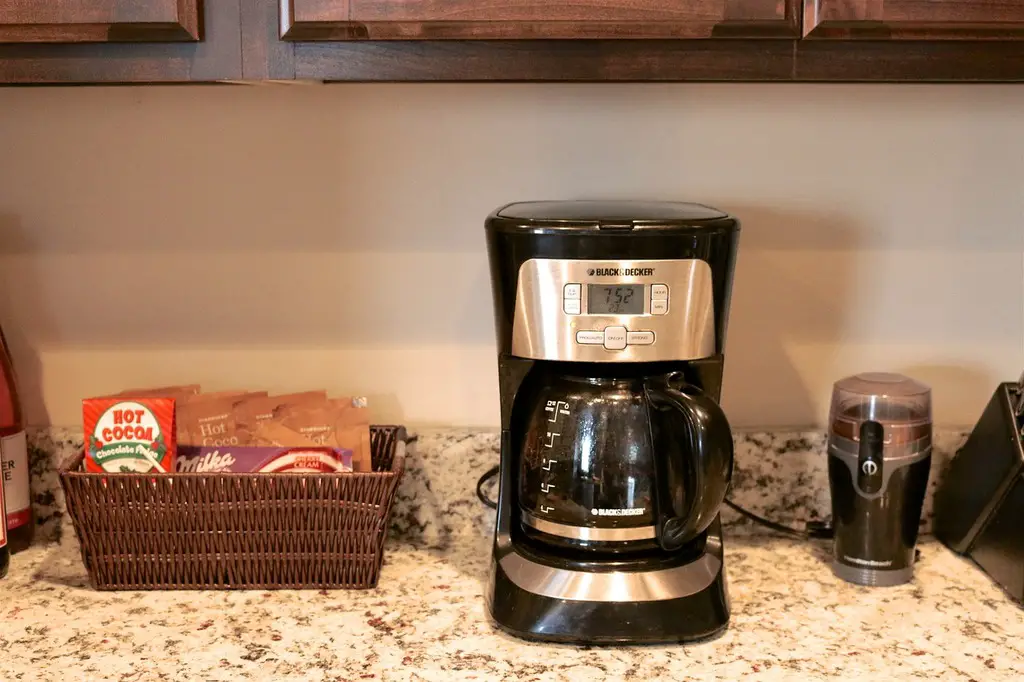
Over time, mineral deposits from hard water accumulate inside coffee makers, clogging internal components and affecting performance. This buildup can cause the machine to heat less efficiently, resulting in weak or bitter-tasting coffee. If left unchecked, it can also lead to clogging, leaks, or complete failure of the heating element. Many people assume that rinsing the coffee pot is enough, but internal parts need regular descaling to function properly.
To prevent damage, descale your coffee maker every 1-3 months, depending on water hardness. Use a manufacturer-recommended descaling solution or a vinegar and water mixture to break down mineral buildup. Running a few cycles of clean water afterward ensures no residue remains. Regular maintenance not only extends the life of your coffee maker but also improves the flavor of your coffee.
